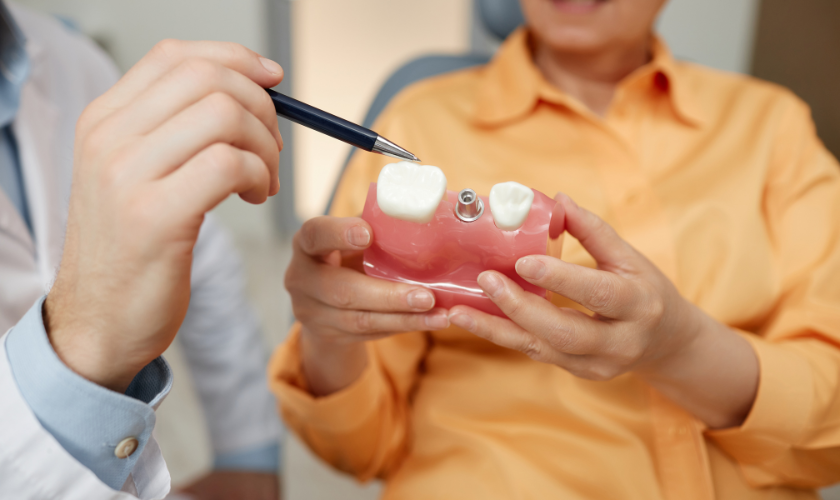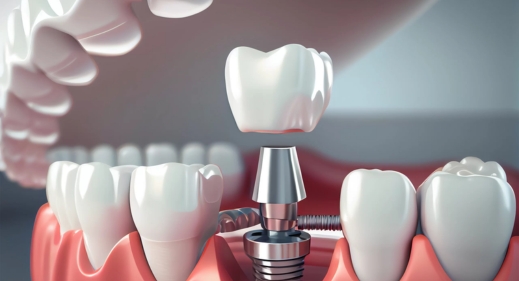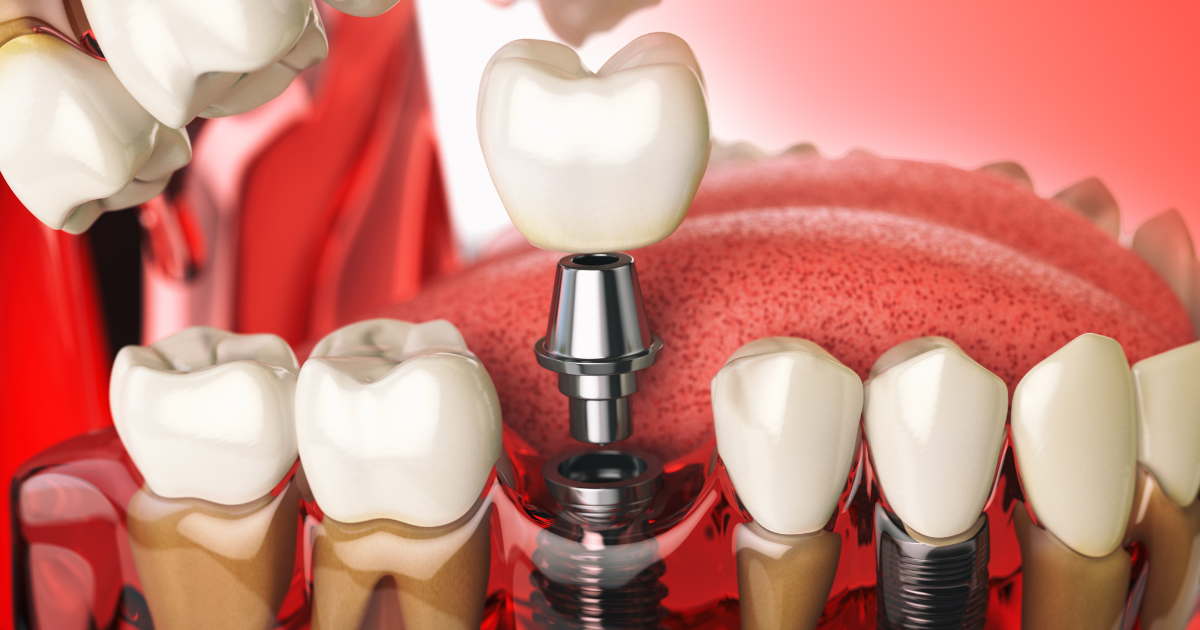943 Finchley Rd, London NW11 7PE
The Truth About Dental Implant Pain: What to Expect?

Dental implants are a remarkable innovation in dentistry, offering a permanent and natural-looking solution for missing teeth. But let’s be honest, surgery – even minor surgery – can be daunting. And the question of pain is probably at the forefront of your mind. So, let’s address the elephant in the room: yes, dental implant surgery does involve some discomfort. But before you hit the brakes on your dream smile, here’s the truth about dental implant pain: it’s temporary, manageable, and absolutely worth the reward. This blog will be your guide, navigating you through the process and helping you understand what to expect regarding pain after dental implant surgery. We’ll delve into the reasons behind the discomfort, explore the pain scale, and provide tips on minimizing it. Finally, we’ll reiterate why dental implants are a perfect solution for missing teeth, even with the initial hurdle of temporary pain.
Dental Implants: A Perfect Solution Worth the Temporary Discomfort
Are you considering replacing missing teeth? While dental implants might involve some temporary discomfort, they offer a perfect long-term solution that feels natural and lasts. Here’s why implants are worth considering:
- Look and Feel Like Your Own Teeth: Unlike dentures or bridges, implants are surgically placed in your jawbone. This acts like a natural tooth root, giving you a secure fit and a natural biting and chewing sensation. Imagine biting into an apple without worrying about slipping dentures!
- Built to Last: Forget replacing dentures every few years. Implants are designed to last a lifetime with proper care. That means you can invest in your smile once and enjoy the benefits for years to come.
- Better Oral Health for Your Smile: Dental bridges often require shaving down healthy teeth to fit them in place. Implants don’t touch your other teeth, so you can keep your whole smile healthy and avoid future problems.
- Confidence Boost: A complete smile can do wonders for your self-esteem. Implants can give you back the confidence to eat, speak, and smile freely without worrying about loose dentures or gaps in your teeth.
Why Does My Dental Implant Feel Uncomfortable?
During dental implant surgery, your dentist will place a small titanium post into your jawbone, acting as the artificial root for your new tooth. This process involves some manipulation of gum tissue and bone, which is naturally going to cause some inflammation and discomfort. But it’s important to remember that the actual surgery itself is performed under anesthesia, ensuring you won’t feel any pain during the procedure.
What is the Most Painful Part of a Dental Implant?
The most common discomfort you’ll experience after surgery arises from the soft tissue manipulation, not the implant placement itself. Think about it like a bruise – the tenderness comes from the surrounding tissue, not the actual insertion. In some cases where minimal gum manipulation is required, patients report very little discomfort at all.
What is the Pain Scale for Dental Implants?
Pain perception is subjective, so it isn’t easy to give a one-size-fits-all answer. However, most patients experience mild to moderate pain after dental implant surgery, typically on a scale of 2-4 (out of 10) during the first 24-48 hours. This can feel like a throbbing or aching sensation in the implant site and surrounding area.
How Long Does it Take for a Dental Implant to Stop Hurting?
The good news is that the discomfort associated with dental implants is temporary. Most patients find significant relief within 3-5 days after dental implant surgery, with pain completely subsiding within 7-10 days. Swelling and bruising may linger a bit longer but should also resolve within a couple of weeks.
Minimizing Discomfort After Dental Implant Surgery
Getting dental implants is an investment in your smile, and a smooth recovery is important! Here are some easy-to-follow tips to minimize discomfort and ensure a speedy healing process:
Listen to Your Dentist
They’re your implant expert! Take any prescribed pain medication exactly as directed. To reduce swelling, use ice packs on your cheek according to your dentist’s instructions. They’ll also advise you on the best way to keep your mouth clean after surgery.
Treat Your Mouth Gently
Your jaw needs time to heal, so give it a break! Avoid hard, chewy, or crunchy foods that can irritate the implant site. Stick to soft and easy-to-chew options like mashed potatoes, yogurt, and soups.
Rest Up
Just like when you’re fighting a cold, getting enough sleep is crucial. It allows your body to focus on healing and reduces inflammation, making you feel better overall.
Chill Out
Feeling stressed can actually make pain feel worse. Take a deep breath and relax! Try calming techniques like deep breathing exercises or meditation to manage stress and ease discomfort.
After exploring the journey of dental implants pain, it’s evident that while discomfort is a natural part of the process, the level of pain experienced varies widely among individuals. Understanding the stages of implant surgery and the potential sources of discomfort can help manage expectations and alleviate anxiety. With proper care and guidance from your dental team, any discomfort can be effectively managed, leading to the long-term benefits of a restored smile and improved oral health. Remember, the road to dental implants may have its bumps, but the result is often worth the temporary discomfort.







